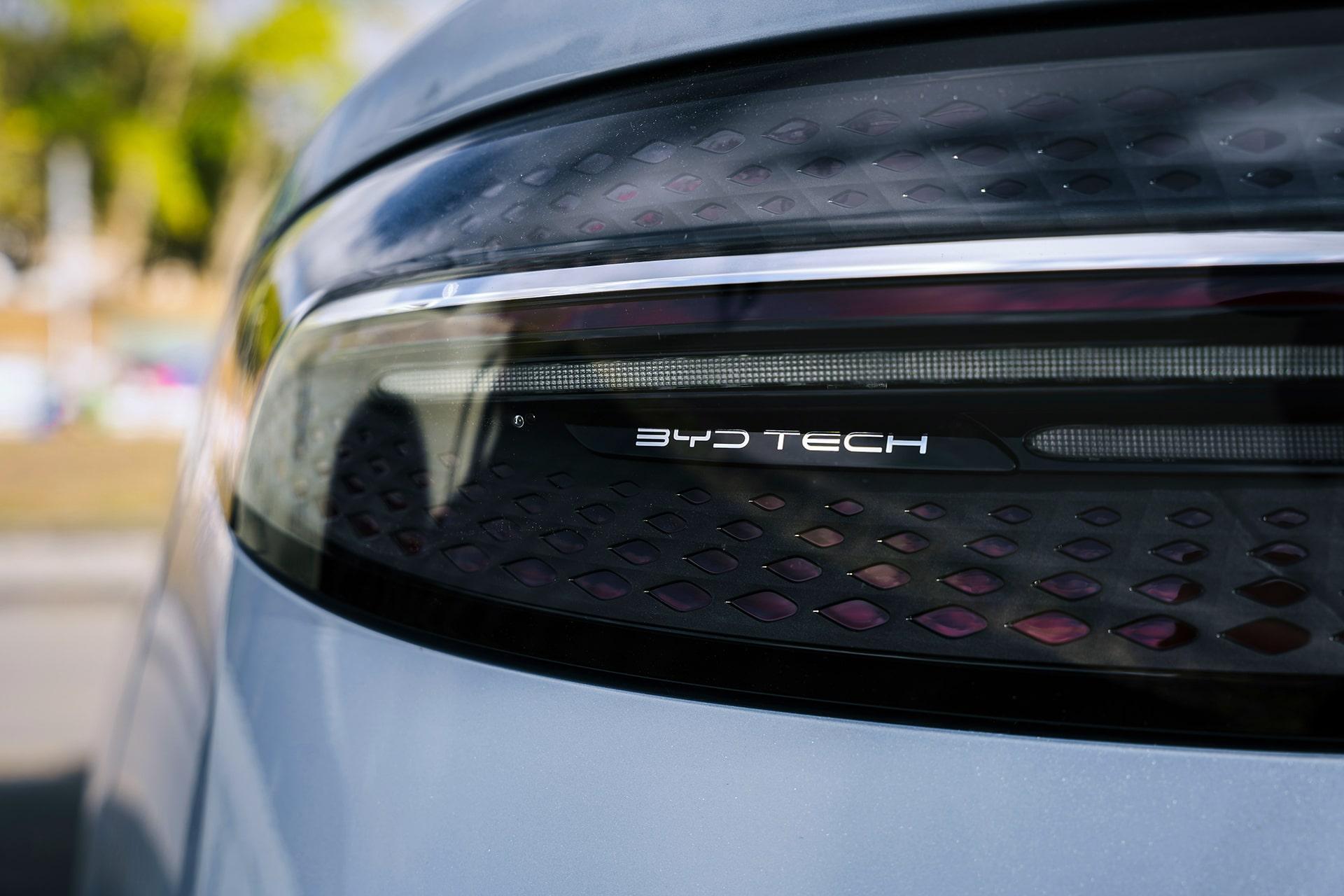China’s BYD marks 30th year by chasing four-million-car milestone

The EV maker dominates its home market but only sells about 10% of its vehicles abroad.
In 1995, well before BYD ever made a single car, founder Wang Chuanfu placed a globe in his office. It remains a fixture even today, according to Wang, as China’s top electric vehicle company tries to make a name for itself worldwide.
BYD, which marked its 30th anniversary in November, is the global leader in combined sales of electric and plug-in hybrid vehicles.
From January to November, sales volume jumped 40% on the year to 3.75 million vehicles, with monthly sales topping 500,000 in October. BYD projects it will top 4 million vehicles this year, which would put it within striking distance of Honda Motor’s 4.1 million vehicles sold in the fiscal year ended last March.
BYD is closing in on Tesla in sales volume, surpassing its US rival in EVs alone during the fourth quarter of 2023.
In February, BYD cut prices of EVs and PHEVs by as much as 20% in a bid to expand market share in China. Rivals soon followed, in a sign of BYD’s influence over the world’s biggest auto market.
Emboldening BYD’s pricing decision is its ability to make batteries in-house. In 2020, the company unveiled the “Blade Battery.” This lithium iron phosphate (LFP) battery keeps costs down compared to conventional batteries that use nickel, cobalt, and other rare metals.
By making its own batteries, BYD is able to bring down procurement costs of the component, which accounts for 30–40% of an EV’s price. Those savings are transferred to EVs and PHEVs that sell for under roughly RMB 100,000 (USD 14,000).
Economies of scale have further lowered production costs. In the first half of 2024, BYD’s automotive segment earned a gross profit margin of 24%, up three percentage points from a year earlier.
BYD has become one of the world’s biggest suppliers of batteries for cars. It held a 16% global market share in EV batteries through September, according to South Korea’s SNE Research, placing it second behind Chinese leader CATL.
BYD’s market share is up eight points from 2021. It supplies batteries for Xiaomi and Toyota Motor EVs.
BYD began as a small factory developing and making batteries for mobile phones.
“On November 18, 1994, we began our fight as a small organization of 20 people,” Wang, now chairman and president, said at an anniversary event held last month in Shenzhen.
Wang was born in 1966 as the youngest of eight children in a farm village in China’s Anhui province. His father died when Wang was just 13 years old, followed by his mother three years later.
Wang was able to enter university with the aid of his only brother. He studied batteries and eventually went on to graduate school.
Wang started BYD in space rented on the third floor of a building outside of Shenzhen. The company later branched out into other components for phones. BYD first made the leap into the auto industry by purchasing Xi’an Tsinchuan Auto, a state-owned enterprise, in 2003.
“China’s population is over one billion, so I knew it would become a big market,” Wang said.
State-owned companies once held a monopoly on automaking in China. That changed in 2001, when Zhejiang Geely Holding Group became the first privately owned company to gain a license to manufacture vehicles. BYD seized the opportunity.
In 2005, BYD released its first BYD-branded gasoline vehicle, the F3. Production volume was small at the time and the company was unable to access steady supplies of high-quality components.
It was at that point that Wang decided to produce major components like engines and transmissions in-house, repurposing the metalworking expertise built up with phone parts. This marked the beginning of BYD’s do-it-yourself approach to automaking.
BYD released its first plug-in hybrid, the F3DM, in 2008, and an EV for taxi services rolled out two years later. Warren Buffett’s investment firm Berkshire Hathaway acquired a stake in BYD in 2008, in a bet on China’s new energy vehicle market.
BYD struggled to grow sales up until 2019, when it only sold around 460,000 vehicles. At the time, Japanese and other foreign makers of internal combustion engine vehicles still dominated the Chinese market, leaving little room for the company to expand.
China’s national policy of promoting new energy vehicles ignited BYD’s rise. In 2019, the government set rules that in principle only approved new vehicle assembly plants if they made EVs. It also began doling out subsidies for buyers of new energy vehicles.
BYD has become a huge employer. Although its revenue was only about a quarter of Toyota’s in the previous financial year, its workforce numbered over 700,000, nearly double Toyota’s 380,000 workers.
“What really makes us strong is an engineer’s attachment to a dream,” said Wang, who still considers himself an engineer. BYD’s team of engineers is now developing artificial intelligence and self-driving technology.
Outside of China, BYD’s brand recognition remains low. It generates only around 10% of its sales volume abroad, well below the roughly 80% at Toyota and Honda. Its test will be transplanting the development and production foundations it has built up in China overseas.
From 2022, BYD accelerated its moves into Southeast Asia, Europe, the Mideast, Africa, and other regions. In July, it started up its first full-fledged assembly plant for passenger vehicles in Thailand. The company plans to build plants in Hungary and Turkey by 2026.
#BYDInnovation #ElectricVehicles #SustainableMobility #BatteryTechnology #GlobalExpansion


